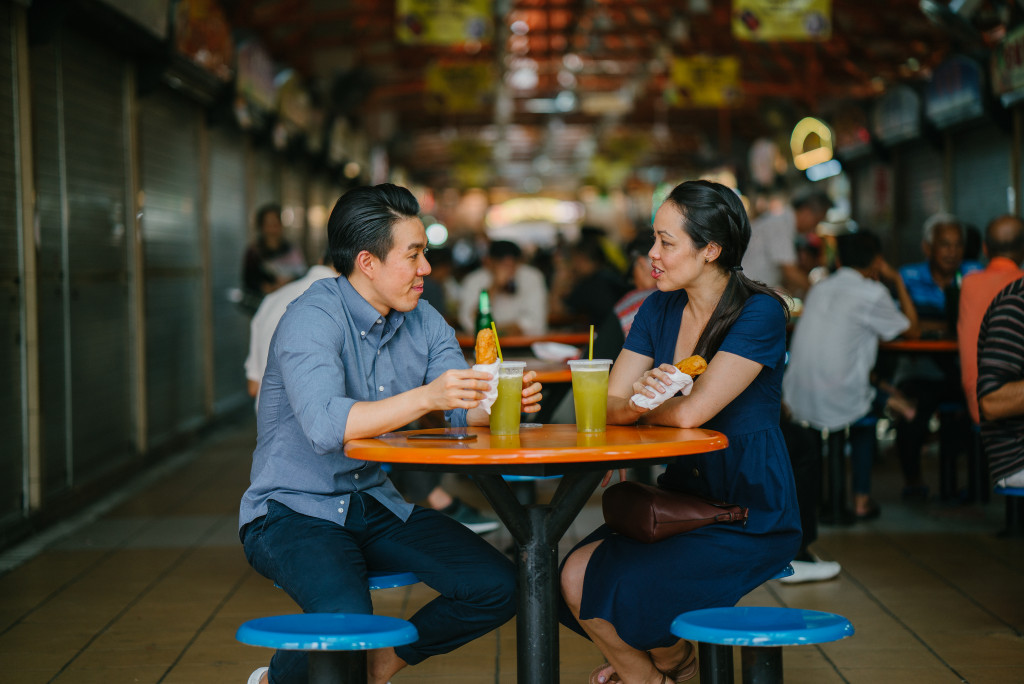The COVID-19 pandemic changed the world in unimaginable ways. It changed our social, shopping, and working habits. But aside from these major considerations, one thing we cannot ignore is that the pandemic also changed the way we choose, consume, and eat our food.
The earliest rumored onset of COVID-19 was linked to an exotic meat market in Wuhan. It is due to this reason that consumers changed the way they think about food. Here are some ways the pandemic changed our food preferences.
More Home-Booking and Baking
More people are cooking and baking their way through the pandemic. Reports show that many found it increasingly relaxing to cook and bake during these unprecedented times. This is not just a result of people sheltering in place.
Consumers are also taking their time to prepare, bake, and cook their own meals to be mentally and physically healthy. They would rather spend their time on productive hobbies like cooking and baking than worry about the news of growing cases and deaths. They do this to relieve stress and anxiety and to keep themselves engaged.
Instead of dining in, ordering take-outs, or having fast food deliveries, more consumers are cooking their own meals. This is one attempt to eat healthier. It also helps lower the risk of getting the virus through contact with other people.
There are some people who turned to baking as a way to gain extra income. They use their extra time to whip up tasty baked goodies and sell these online. This also gave some owners another reason to have their old cooking and baking appliances repaired or replaced.
Lower Demands for Exotic Food
Chances are you’ve seen one of the viral photos and videos showing people in China eating exotic animals like bats. There was also a lab near the Wuhan wet market that studies bats. This led the public to believe that the Chinese eating bat soups is the main reason why we currently have a pandemic.
But according to the BBC, bat soup consumption being the cause of the pandemic is nothing but rumors, along with the other COVID-19 misinformation. In reality, experts claim coronaviruses can affect different mammals and not just bats alone. But still, this did not stop people from changing their habits.
We can expect more people to be more wary of what they eat. Few people are eating and trying exotic food. Many are not sticking to what they know is safe to eat, including the regular meats and poultry found in the supermarket.

Increased Demand for Organic Food Items
At the beginning of the pandemic, more consumers were hoarding processed foods and canned goods. They do this to fill their pantries with food with longer expiration dates. It only makes sense since there was a heightened concern regarding the safety of local produce.
But after a while, people started eating local, more organic foods. Some would even grow their own produce in their backyard. This is since they would rather eat healthier, organic food items, so they can be healthier.
Many people now value their health more than they did before the pandemic. They take more time choosing their meals, how they prepare these, and how much they consume. Since health is essentially the best wealth one can have during these trying times, many are attempting to live a healthier lifestyle with the help of healthy and organic food.
Health and Safety As a Primary Priority
People no longer take their health and sanitation for granted. Those who prepare and cook their own meals would make sure they take extra precautions from start to finish. This means protecting themselves with a mask when they go grocery shopping, practicing social distancing, cleaning their groceries meticulously, and preparing and cooking meals as sanitary as possible.
Some people were so anxious about getting the virus from their groceries that they go extra lengths just to stay safe. Some would omit a trip to the grocery and have everything delivered to their home instead. It goes to show that people do online shopping not just for recreational shopping sprees, but in buying the things they now need.
There are some people who try to “sanitize” everything they buy by washing their fruits and vegetables with soap. Since then, health experts gave their take on how to sanitize fruits and vegetables the right way. Now, people are being educated with the right ways to clean food items during the crisis, we can expect everyone to follow through even post-pandemic.
These are but four ways the crisis influenced how we eat. It changed the way we choose our groceries, where and what we buy, how we prepare meals, and what our priorities are. We can expect the pandemic to influence more of our decisions, considering many places around the world still haven’t defeated the virus.

